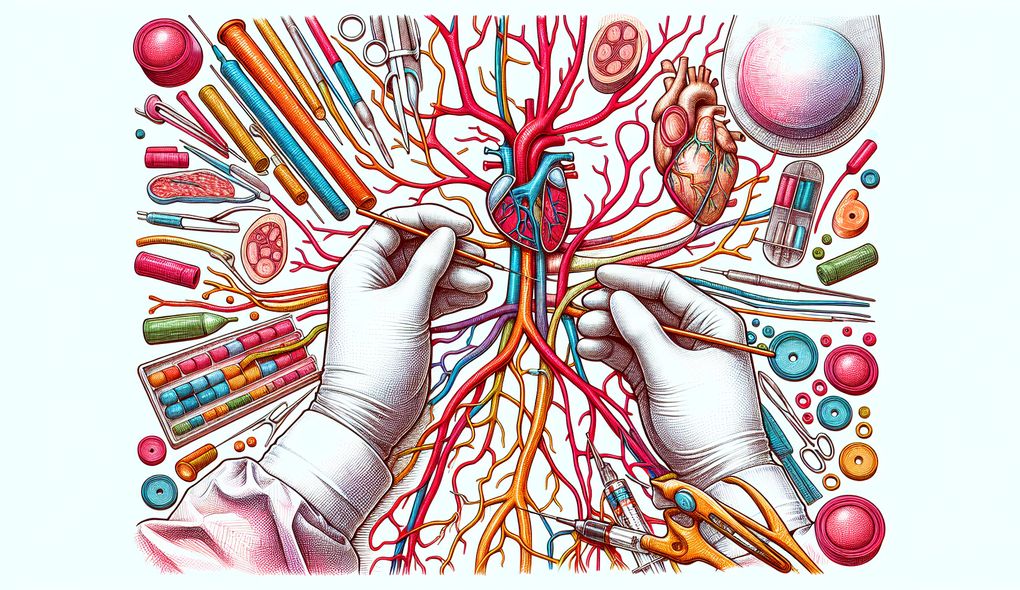Tell me about a time when you encountered an unexpected complication during a surgical procedure and how you handled it.
JUNIOR LEVEL

Sample answer to the question:
During a surgical procedure, I encountered an unexpected complication when a patient developed excessive bleeding. It was a high-pressure situation, but I remained calm and quickly communicated with the rest of the surgical team. I took immediate action by applying direct pressure to control the bleeding and requested additional assistance. Together, we successfully stabilized the patient and completed the procedure. This experience taught me the importance of staying composed under pressure and effectively collaborating with the healthcare team.
Here is a more solid answer:
During a surgical procedure, I encountered an unexpected complication when a patient's artery was accidentally punctured while performing an endovascular procedure. This led to significant bleeding and potential risk to the patient's life. In response, I immediately alerted the attending surgeon and requested assistance from the circulating nurse to control the bleeding. Together, we applied pressure, obtained additional instruments, and successfully repaired the punctured artery. The patient remained stable throughout the procedure, and we completed it without any further complications. This experience highlighted the importance of quick thinking, effective communication, and teamwork in managing unexpected complications during surgical procedures.
Why is this a more solid answer?
The solid answer provides more specific details about the complication faced, the actions taken, and the outcome of the situation. It demonstrates the candidate's knowledge of vascular surgical techniques and the ability to work effectively in high-pressure situations. However, it can be further improved by discussing the follow-up care provided to the patient after the procedure.
An example of a exceptional answer:
During a surgical procedure, I encountered an unexpected complication when a patient experienced a sudden cardiac arrest due to an adverse reaction to anesthesia. This was a highly critical situation as the patient's life was at immediate risk. In response, I immediately initiated cardiopulmonary resuscitation (CPR) while also instructing the anesthesiologist to administer appropriate medications to stabilize the patient's heart rhythm. Simultaneously, I coordinated with the circulating nurse to prepare the defibrillator for potential defibrillation if necessary. We successfully revived the patient after a few cycles of CPR and restored a stable heart rhythm. The procedure was temporarily halted to ensure the patient's safety, and a multidisciplinary team of cardiac and anesthesia experts provided further care. This experience reinforced the importance of advanced life support skills, effective communication, and collaboration in managing critical complications during surgical procedures.
Why is this an exceptional answer?
The exceptional answer provides a detailed and high-impact scenario where the candidate encountered a life-threatening complication during a surgical procedure. It showcases the candidate's ability to handle highly critical situations and highlights their dedication to ongoing professional education and development. The mention of multidisciplinary collaboration and coordination further emphasizes the candidate's commitment to delivering optimal patient care.
How to prepare for this question:
- Review your experiences in the operating room, paying attention to any unexpected complications you handled.
- Refresh your knowledge on various vascular surgical techniques, including endovascular procedures.
- Practice explaining complicated situations concisely and clearly.
- Develop a deep understanding of the anatomy and pathophysiology of the vascular system.
- Familiarize yourself with the latest advancements and research in vascular surgery.
What are interviewers evaluating with this question?
- Critical thinking
- Problem-solving
- Working effectively in high-pressure situations
- Communication skills

